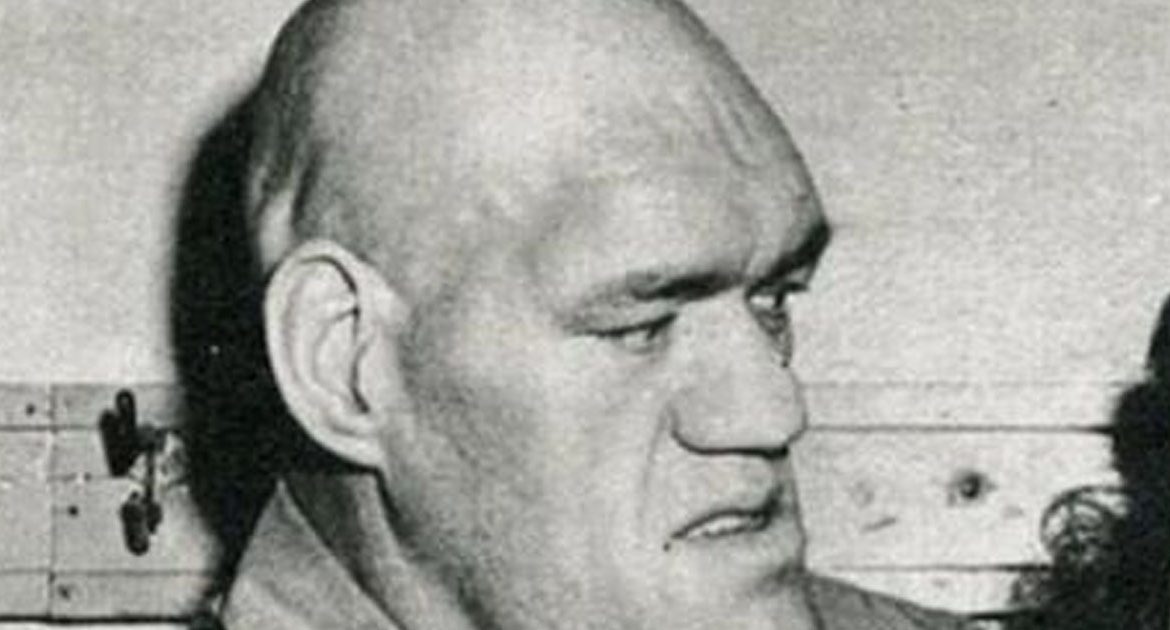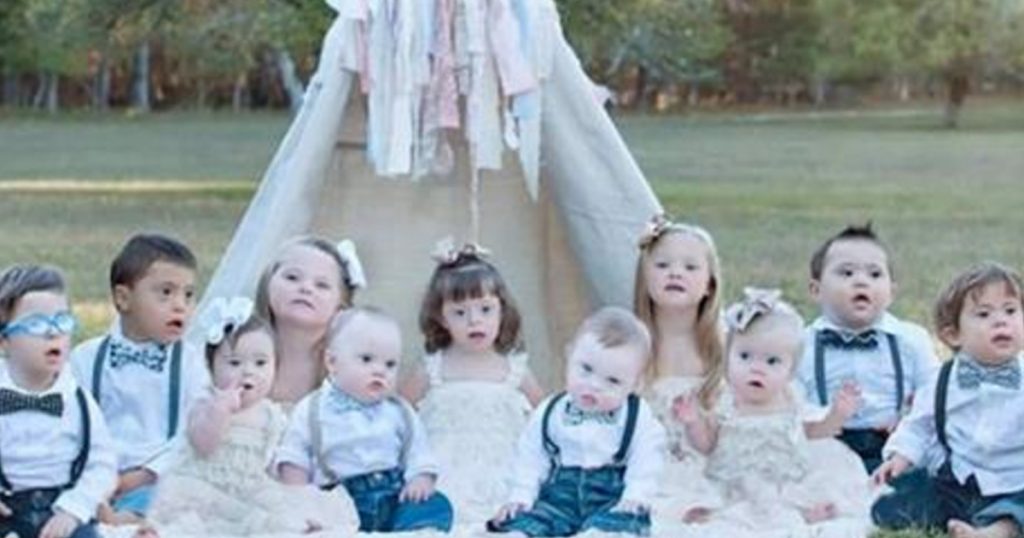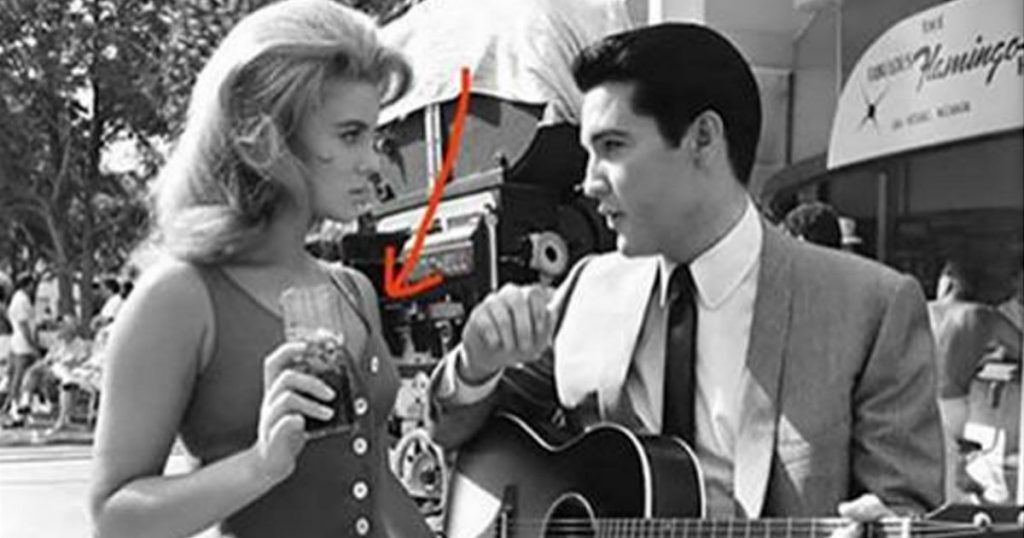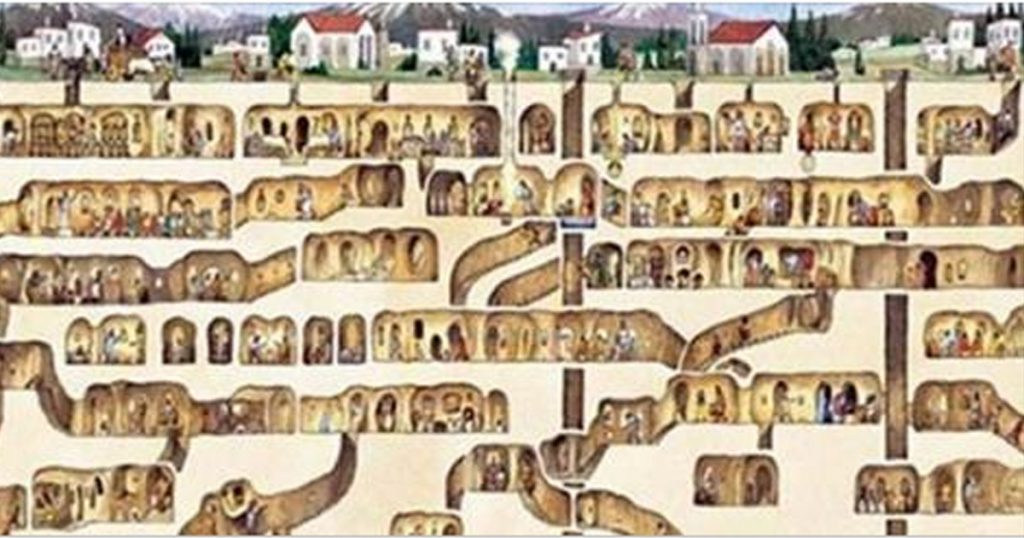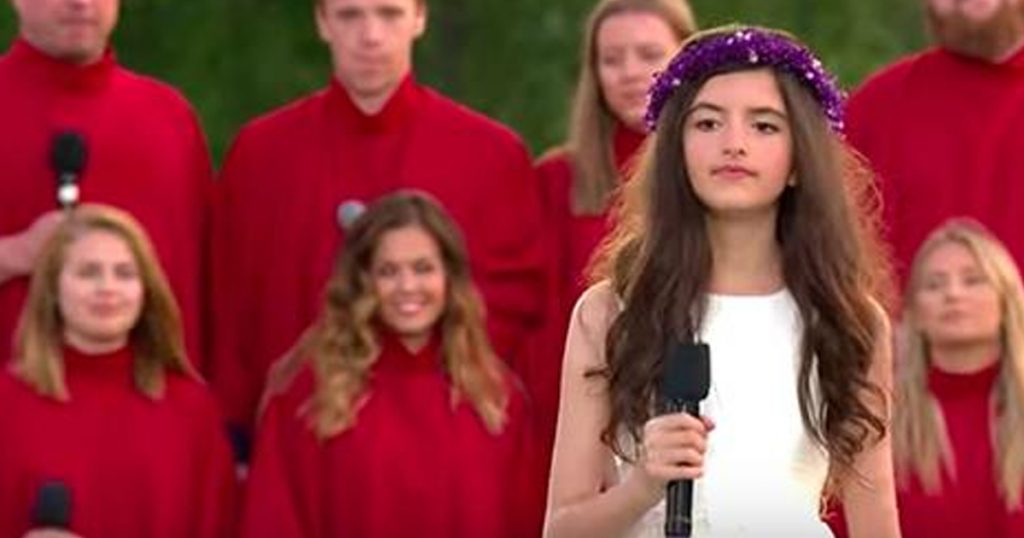Maurice Tillet was born in 1903 to French parents in the Ural Mountains, Russia. Later dubbed the «French Angel,» young Maurice was a perfectly normal little boy.

Maurice grew up to be a very smart young man with a particular talent for language and literature; the polyglot allegedly spoke 14 different languages! But when he was 17, his parents noticed something strange: Maurice’s face started to become deformed, his hands and feet were swollen. He was suffering from acromegaly, a rare disease that causes the bones in the body’s extremities to grow wildly. The illness is very difficult to diagnose, because it affects the bones very slowly.

At university, Maurice soon had to give up his dream of becoming a lawyer as the illness also attacked his vocal chords. He then spent six unhappy years in the navy, where he endured constant humiliation for his looks.

Frustrated, he decided to settle in the United States.

Maurice became a professional wrestler in his new home. Owing to his unusual appearance, the Frenchman was billed as the «freak ogre of the ring.» An imposing figure, Maurice struck fear into the hearts of his opponents, progressing quickly through the ranks to become the world champion in 1944.

His startling appearance soon attracted Hollywood and he even got a small role in a film starring Josephine Baker.

The former world champion then died prematurely at the age of only 51. Maurice had been a reclusive character and passed away alone, but he allowed a cast to be made of his face that can still be seen in Pennsylvania today.
Here’s Maurice in action:
Though suffering from a very rare illness could be difficult to live with, it was this very affliction that shaped Maurice’s destiny. With his good looks taken away from him, he became a world champion and lived a life full of adventure, even finding himself on the big screen. Maurice’s story shows that beauty can take many forms, and that being «different» is no excuse for leaving someone out.
